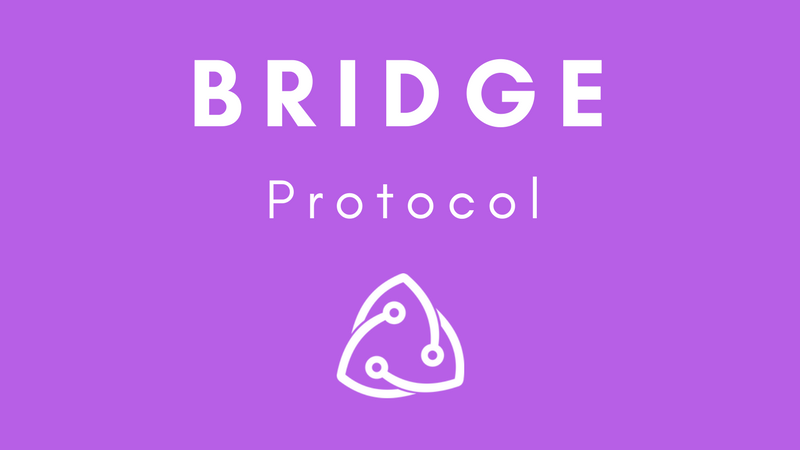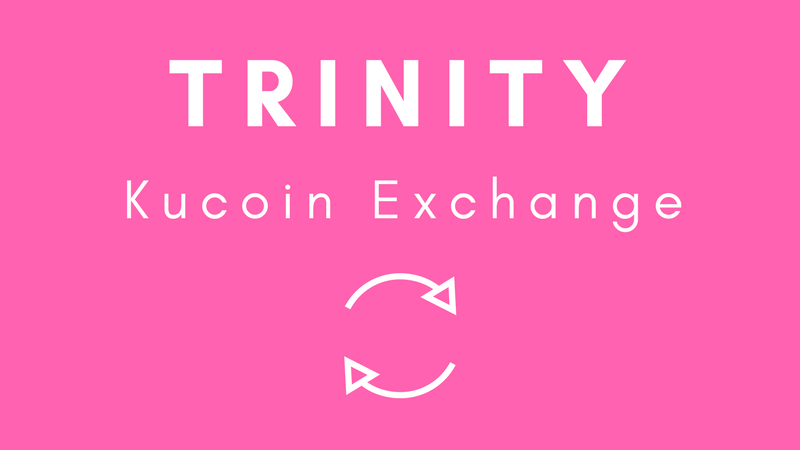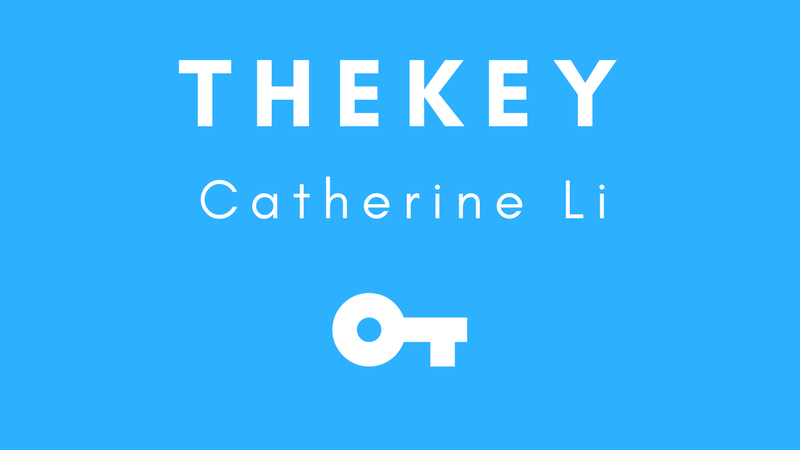
ProjectICO have announced Bridge, a secure identity protocol, through the release of their white paper along with early details of the (IAM) token sale. The Bridge protocol seeks to provide a safe, legal, and more elegant Know Your Customer (KYC)/Anti-Money Laundering (AML) process to comply with various international regulations. Bridge will allow users to perform KYC once to create a digital identity that can be used multiple times, such as with NEO token sales.
Through Bridge, ProjectICO is designing a set of solutions to streamline the identification process, while maintaining the high standards legal groups have been setting as the precedent. Such processes include an Identity Management System (IMS), and Bring-Your-Own-Key (BYOK). The IMS will hold basic information about an individual (i.e. user over 18 years old or country of origin), ensuring sensitive data is protected. It will also allow for the flagging of metadata on suspicious transactions, similar to when a credit card company flags suspicious charges on your card. BYOK is a verification process that will allow an investor/token sale participant to provide a public address tied to a digital identity, enabling auditors to verify the investor’s information and their tiered status of allowable participation.
Bridge is also digitalizing legal agreements and token sale forms. The legal marketplace will allow access to agreements for token sales and at much lower costs than traditional big law firms. Traditionally, the fees have been $125,000 USD and above for a Simple Agreement for Future Tokens (SAFT). This is the highest current standard for compliance for token sale founders and investors to offer the most protections. Bridge digitalizes these forms for a fraction of the price and will tie in with user Tier identities to safely sign. This process saves investors and founders significant fees for legal and compliance. The Bridge process will allow token sales avenues for legal compliance and utilizing the GAS threshold will couple to offer some of the highest quality token sales on the market.
Individuals will start by selecting a verifier from the Bridge marketplace. The user will send their data to the verifier, which will be received in an encrypted file. Upon confirmation, the verifier will issue a digital identity certificate, assign a tier level and remove all user data from their servers to ensure Personal Identifiable Information (PII) standards are maintained. The digital certificate will be in the form of a digital wallet, that will also function as a digital pen, allowing users to sign documents with a private key to create legally binding agreements. Once a digital identity is tied to the blockchain, no government or company (including Bridge) can remove or modify the ID.
Digital identities will be placed into a three-tier system. Tier One includes information such as name, address, date of birth, email, and payment behavior. Tier Two includes more sensitive personal information, such as social security number, driver license and passport/government issued identification. Tier Three is reserved for SAFT accredited investors, whose verification will include documentation from lawyers and/or CPAs.
For the general public, Tier Two will likely be the furthest tranche they reach in the tiering process.
When participating in a KYC process for a token sale using Bridge, instead of submitting private information to an unknown entity for whitelisting, the investor will share their Bridge public key address from their Bridge wallet.
The token sale owners then use Bridge tokens to verify the public wallet address, and to ensure the investor’s basic information matches the information provided in the whitelisting. The user will then sign a participation document using their private key, creating a legal trusted and binding agreement.
The IAM token will be the utility token to power the Bridge system, and will be a NEO-based NEP-5 token. The Bridge private blockchain will be built with Neo Contract, and will use the NEO Virtual Machine to process verification transactions on other chains. The Bridge chain won’t only be limited to NEO and NEP-5 tokens. ProjectICO plan to provide cross chain interoperability, along with a side chain to process identity management, compliance logic, and marketplace transactions.
A permanent supply of 1,000,000,000 IAM tokens will be created and divided into two halves. The first 500,000,000 will be distributed to those who participate in the crowd funding. The other 500,000,000 will be managed by the foundation to support development, operation, and maintenance. The foundation plans to allocate funds in the following manner:
– 20 million immediately unlocked for bounty programs
– 200 million to motivate developers, attorneys and auditors to participate in the ecosystem
– 200 million will be used to cross-invest in other projects, which are in partnership with the Corporation and used to enhance the Bridge ecosystem and create new microservices
– 80 million will be retained as contingency

Who is the team behind Bridge?
ProjectICO, is based out of Raleigh-Durham, North Carolina. The company seeks to provide a one stop shop for upcoming token sales and to provide an identity verification process that is cost-effective and brings transparency and credibility to cryptographic digital assets.
The U.S. based company and team provides legal, technology, and marketing solutions for companies aiming to launch their own token sales. The team is comprised of legal advisers, tech advisers, government representatives, and developers. Their services are offered in tiered packages, and can be purchased through Bitcoin or USD.
You can learn more about ProjectICO at their website, or by following them on Facebook and/or Twitter.







About The Author: Dylan Grabowski
Dylan is a reformed urban planner with a passion for covering the Neo ecosystem. His objective as a writer for Neo News Today is to report news in an objective, fact-based, non-sensational manner. When not behind a computer screen, he can be found in the mountains rock climbing. Find Dylan on Twitter (@GrabowskiDylan).
More posts by Dylan Grabowski